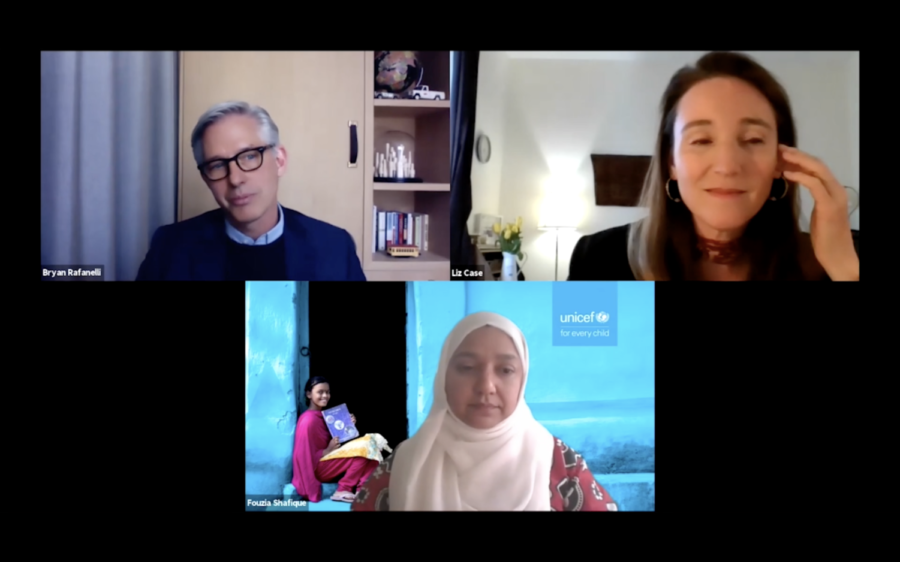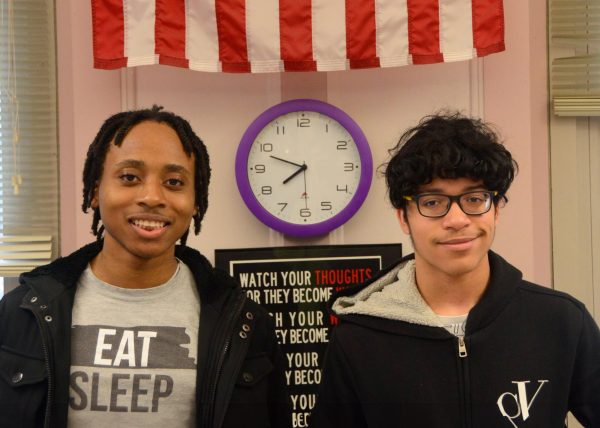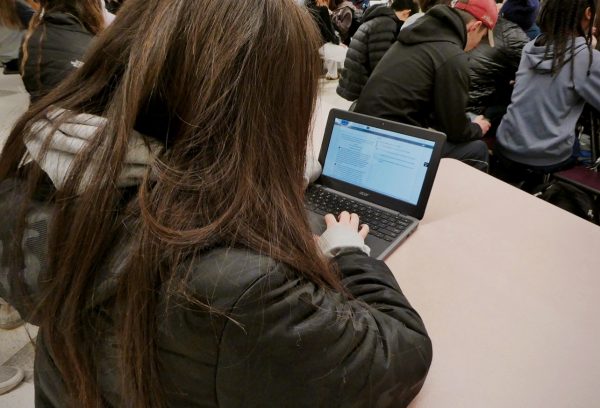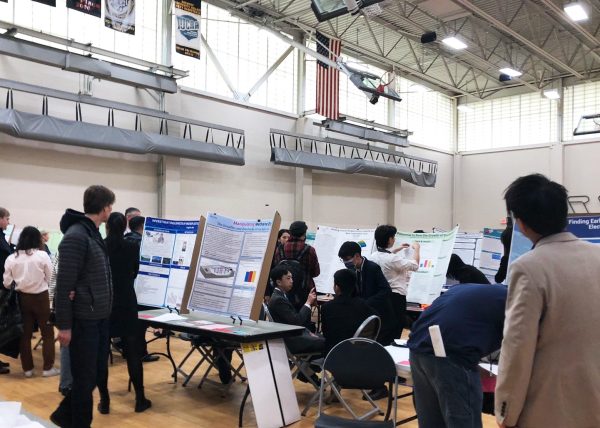UNICEF Unites Against Vaccine Inequality
On April 6, the United Nations International Children’s Emergency Fund (UNICEF) hosted a speaker event around vaccine inequality as part of the “UNICEF Won’t Stop” Speaker Series.
The Zoom webinar event, titled “Ending the Pandemic: Reaching the World’s Most Vulnerable Populations,” featured two speakers from UNICEF: Ms. Liz Case and Dr. Fouzia Shafique. Ms. Case works in fundraising for global vaccine access, and Dr. Shafique works in health and emergencies. The conversation was moderated by Mr. Bryan Rafanelli, a member of the UNICEF Board of Directors and the leader of a Boston and New York City-based business.
Boston Latin School UNICEF, whose work usually includes fundraising and volunteering for the global organization, chose to highlight the speaker event. They invited the BLS community to attend, offering one hour of community service for attendees.
“We wanted to highlight this event because especially now that teenagers can get the vaccine, it’s important to understand how much privilege we have, because there are so many people around the world who do not have access to the vaccine,” explains BLS UNICEF Co-President Lisa Nguyen (II).
During the event, Mr. Rafanelli moderated the conversation by asking questions about what UNICEF is doing to distribute vaccines equitably. To illustrate COVID-19’s impact on displaced and refugee children, a video filmed by an internally displaced girl in Yemen was played, showing how she and her family stayed safe. The video was followed by more discussion, and at the end of the event, participants had the opportunity to ask the speakers questions via a Q&A box.
UNICEF generally works with children, but because of the organization’s extensive experience, infrastructure and supply networks, it has also been tasked with distributing the COVID-19 vaccine. The organization works to provide and distribute the vaccine equitably by making sure to set aside doses for the most impacted and vulnerable populations.
Biology teacher Mr. Lawrence Spezzano shares his thoughts on the equitable distribution of scientific and medical achievements such as the COVID-19 vaccine, “I believe that health care and access to it is a human right, not a privilege. So, I think, anything that a society can do to provide equitable communication, information, opportunity and access to a vaccine should be done […] [because] every person deserves the protection [of a vaccine].”
UNICEF is planning to distribute over 2 billion COVID-19 vaccine doses by the end of 2021 to places all around the world. In doing so, they are employing different methods of transportation and dealing with challenges ranging from vaccine storage requirements to mistrust of authorities.
Isabel Elias (III), who attended the event, comments, “I loved to see their dedication to helping people […] It was cool to see how they dealt with the cultural differences as well.”
The “UNICEF Won’t Stop” Speaker Series has covered a variety of topics over several months. Their next event on their Child-Friendly Cities Initiative will be held on April 29.






